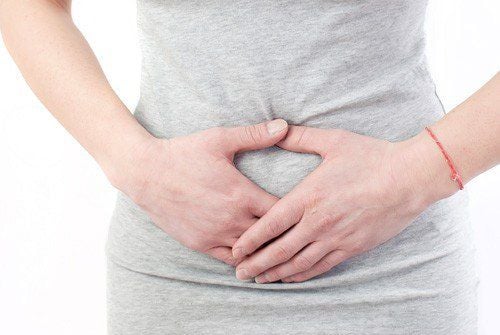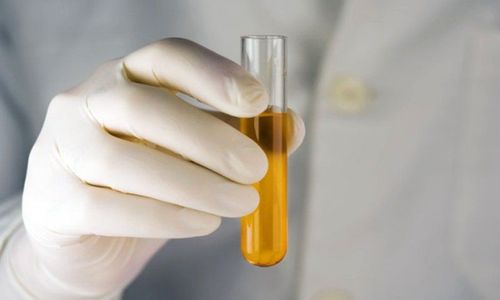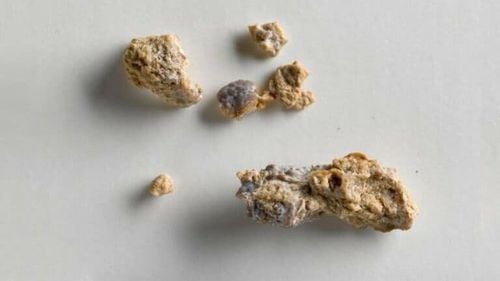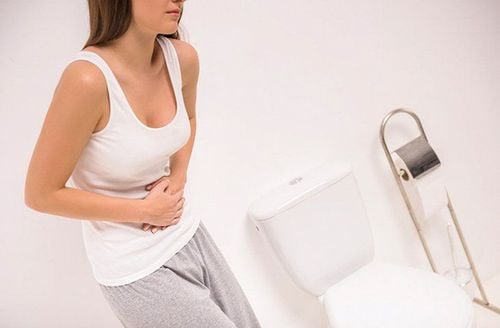The article was written by Nguyễn Như Thu Trúc, MSc, MD - Obstetrician and Gynecologist - Obstetrics and Gynecology Department - Vinmec International General Hospital Nha Trang.
Both vaginal and cesarean deliveries can cause urinary disorders after childbirth, which affect women's lives. These disorders can include postpartum urinary retention, frequent urination, urgency, and other mixed urinary disturbances.
1. What Are Postpartum Urinary Disorders?
After a cesarean section or vaginal birth, the urinary tract is susceptible to damage due to the use of a catheter, the side effects of painkillers or anesthesia, or birth-related trauma caused by factors such as delivering a large baby, the use of forceps, or vacuum extraction, which can lead to urinary disorders.
Postpartum urinary disorders include: urinary retention, frequent urination, urinary incontinence, and other mixed urinary disturbances, with urinary retention being the most common issue faced by new mothers. These disorders cause discomfort for patients and significantly affect their quality of life.
Urinary disorders can manifest immediately 3-4 hours after a vaginal birth or 6-8 hours after a cesarean section (after the catheter is removed), or they can appear later on as symptoms of the condition.
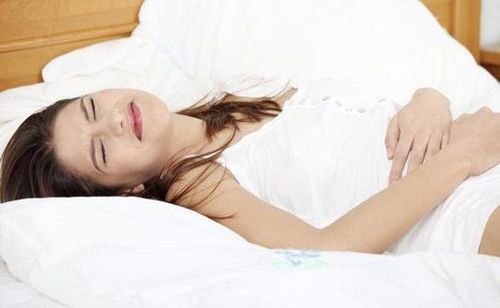
2. Causes of Postpartum Urinary Disorders
Postpartum urinary disorders are usually caused by factors such as:
- During labor, the fetal head may press against the bladder or urethra, causing urinary retention, leading to bladder distention. If the bladder becomes excessively distended, it can cause the loss of the bladder's contraction tone, leading to urinary disorders.
- In vaginal deliveries, the doctor may perform an episiotomy, and after suturing, the area may become swollen, causing the mother to feel reluctant to strain while urinating due to pain.
Postpartum urinary disorders after a cesarean section can be caused by factors such as:
- The use of anesthetics or analgesics: These drugs typically cause urinary retention after childbirth in 10-15% of cases.
- Excessive maternal stress can also lead to urinary retention after childbirth.
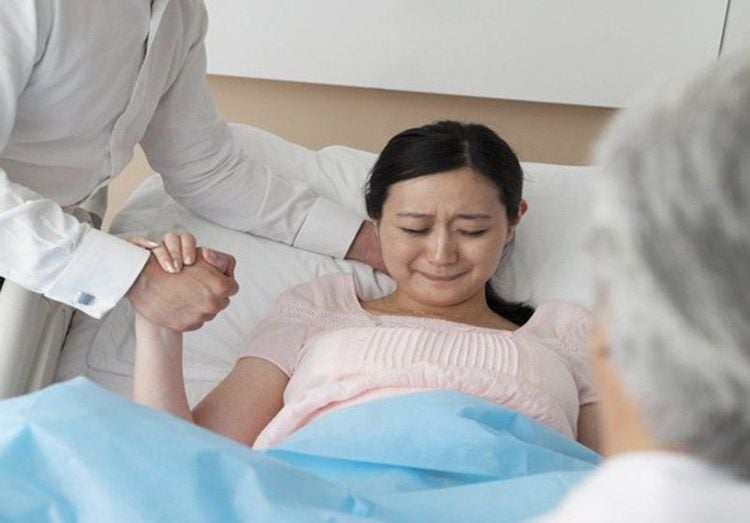
3. Symptoms of Postpartum Urinary Disorders
Symptoms right after delivery and cesarean section:
These usually occur 3-4 hours after a vaginal birth or 6-8 hours after a cesarean section (after catheter removal). The symptoms typically include: painful urination, where patients are reluctant to urinate due to pain; frequent urination with little output, making the patient uncomfortable; and urinary retention, where the patient feels the urge to urinate but cannot, or the patient may not feel the urge but the bladder is very full.
Management includes: training to hold urine and urinating at scheduled times, usually every 3 hours, drinking plenty of water, relaxing when urinating, doing pelvic exercises for recovery, cleaning the perineal stitches with warm water, and treating any infections of the stitches if present. Warm compresses can also be applied to the bladder with warm water. If the patient still cannot urinate, medical staff may insert a catheter and administer medications to stimulate bladder contractions to aid urination.
Long-term urinary disorders after a cesarean section or vaginal birth:
- Urinary incontinence: This is the inability to control urination, which may cause leakage, especially after coughing, exerting effort, or laughing. This is caused by damage to the pelvic floor muscles supporting the bladder after childbirth. Typically, this condition improves over time, but it can persist and affect daily life. Treatment includes bladder control exercises, pelvic floor exercises such as Kegel exercises or Knack technique, and using pelvic floor muscle stimulators. In severe cases, surgery may be required to restore the urethra, such as cystocele repair or vaginal anterior wall repair.
- Postpartum urinary retention: This is the chronic retention of urine in the bladder after delivery or cesarean section. The consequences include increased pressure on the kidneys, leading to conditions such as hydronephrosis, kidney infections, kidney failure, and bladder atony. Symptoms include urinary leakage, feeling like the bladder is not empty, weak urinary flow, and a sensation of fullness above the pubic bone. This is caused by trauma to the bladder muscles or untreated post-cesarean bladder infections. Treatment principles include drinking plenty of water, moving around more, urinating on schedule, and pressing on the area above the pubic bone after urination, as well as changing the urination posture (such as standing up or squatting) until the bladder is empty. Additionally, urinary tract infections and gynecological infections must be thoroughly treated.
Postpartum urinary disorders, whether after a cesarean section or vaginal birth, do not pose a major danger to the mother’s health, but they can cause discomfort in daily life, significantly affect the patient's mental well-being, and potentially lead to postnatal stress.
Treating postpartum urinary disorders is necessary to prevent long-term discomfort, protect mental health, and avoid dangerous complications later on. Treatment principles include helping the patient develop urination reflexes, using antibiotics to prevent urinary tract infections, administering anti-inflammatory medications to reduce swelling and pressure on the bladder neck, and supporting bladder tone to restore normal bladder contractions. In severe cases of urinary incontinence, surgery such as endoscopic or vaginal surgery may be needed to restore the urethra.
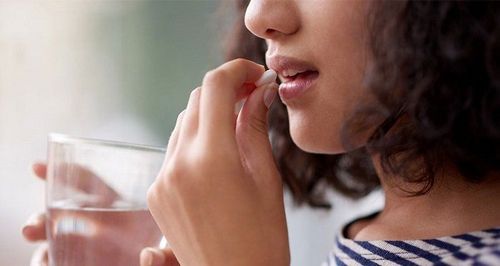
4. Preventing Postpartum Urinary Disorders
To prevent postpartum urinary disorders, doctors usually offer several recommendations for new mothers, such as:
- After delivery, mothers should engage in early physical activity and avoid sitting or lying down for prolonged periods.
- Drink plenty of water and relax when urinating.
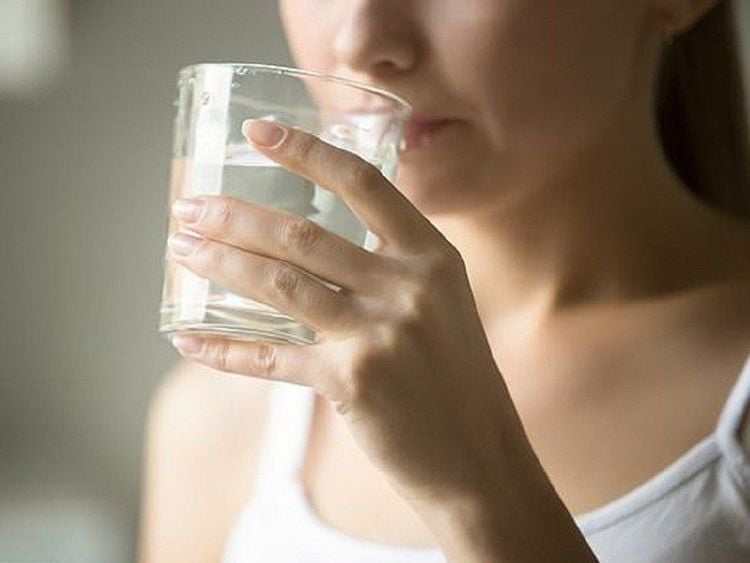
- Avoid holding urine due to fear of perineal pain from an episiotomy during vaginal birth.
- Sit comfortably while urinating after childbirth.
- Soak the vulva in warm water or clean with appropriate feminine hygiene solutions.
- Keep the perineum dry and clean to prevent infections at the episiotomy site.
- Eat a balanced diet to aid in the fastest possible recovery after childbirth.
- Engage in light exercises to help restore pelvic floor muscles.
- Practice holding urine and urinating on a regular schedule.
To arrange an appointment, please call HOTLINE or make your reservation directly HERE. You may also download the MyVinmec app to schedule appointments faster and manage your reservations more conveniently.






